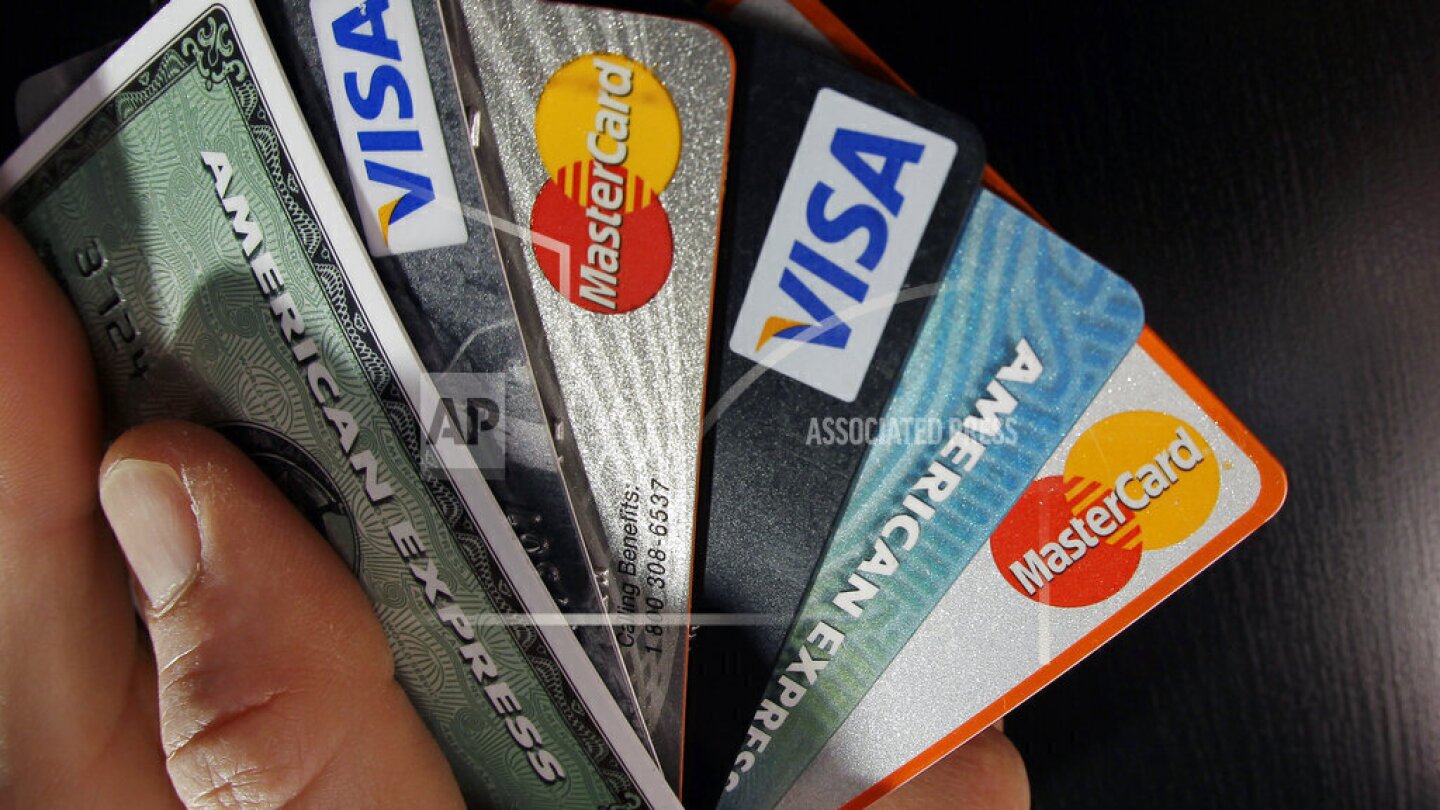The cost to overdraw a bank account could drop to as little as $3 under a proposal announced by the White House, the latest effort by the Biden administration to combat fees it says pose an unnecessary burden on American consumers, particularly those living paycheck to paycheck.
The change could potentially eliminate billions of dollars in fee revenue for the nation’s biggest banks, which were gearing up for a battle even before Wednesday’s announcement. Exactly how much revenue depends on which version of the new regulation is adopted.
Banks charge a customer an overdraft fee if their bank account balance falls below zero. Overdraft started as a courtesy offered to some customers when paper checks used to take days to clear, but proliferated thanks to the growing popularity of debit cards.



When I was younger, I was literally living paycheck to paycheck. This was back in the day when you were handed a physical check and had to cash it, so there was a time delay between you getting your money and having to buy things like food to not starve, or gas so you can fuel up your car and go to work so you don’t lose your job. I lost count of how many times I overdrafted by just a few dollars, or even a fistful of change. One especially egregious overdraft fee was the result of being overdrafted by $0.02. At one point in time, I called the bank and asked if they could forgive the penalties for accidental overdrafts of only a few dollars or a trivial sum of money spent on necessities. They told me to take a hike, pay the fees or else have my account closed and the balance sent to collections.
I realized I was losing so much money to overdraft fees so frequently that I asked my relatives to lend me some cash to use as a buffer, and only then was I able to finally dig myself out of that hole and get stable, saving the money that would otherwise be lost to frivolous fees to build my own pool of savings. But not everybody has loving and trusting relatives like I do. Some people are all on their own. Even though my financial situation has improved dramatically to the point where I will probably never had an issue with overdrafting ever again, I still want the practice outlawed completely. I hated it so much and I felt like the world was the most unjust place ever that these slimy fucking bankers could hustle someone they know for a fact is broke by burying them in fees and stealing money right from out of their pockets when they got paid.
I’ve been in that situation too. It’s so frustrating to me that the banks are essentially robbing poor people, knowing that they’re poor.
The worst was when some banks would reorder their transactions so everything posted before your paycheck. Even though I’d make my deposit before writing checks for rent, insurance, phone bill etc, magically all those clear before the deposit then I’d be like -$700 in the red before payday again. I went to the bank (TCF, now Huntington) to plead my case but they didn’t care. I closed my account there and went to a more reputable bank. Never was a problem again. Now the practice of banks reordering transactions is illegal, I believe.
How I left Bank of America:
My previous paycheck had $350 in overdraft fees that came out of my current check. Because I had automatic deposit for my paychecks they allowed for borrowing against your next paycheck.
I borrowed $500 to cover the $350 in fees they stole from me plus a $150 service as compensation for my pain and suffering, withdrew all my money, cancelled automatic deposit, and walked away.
I’m sure they sent it to collections, but looking back on it 20 years later: still worth any damage to my credit rating.